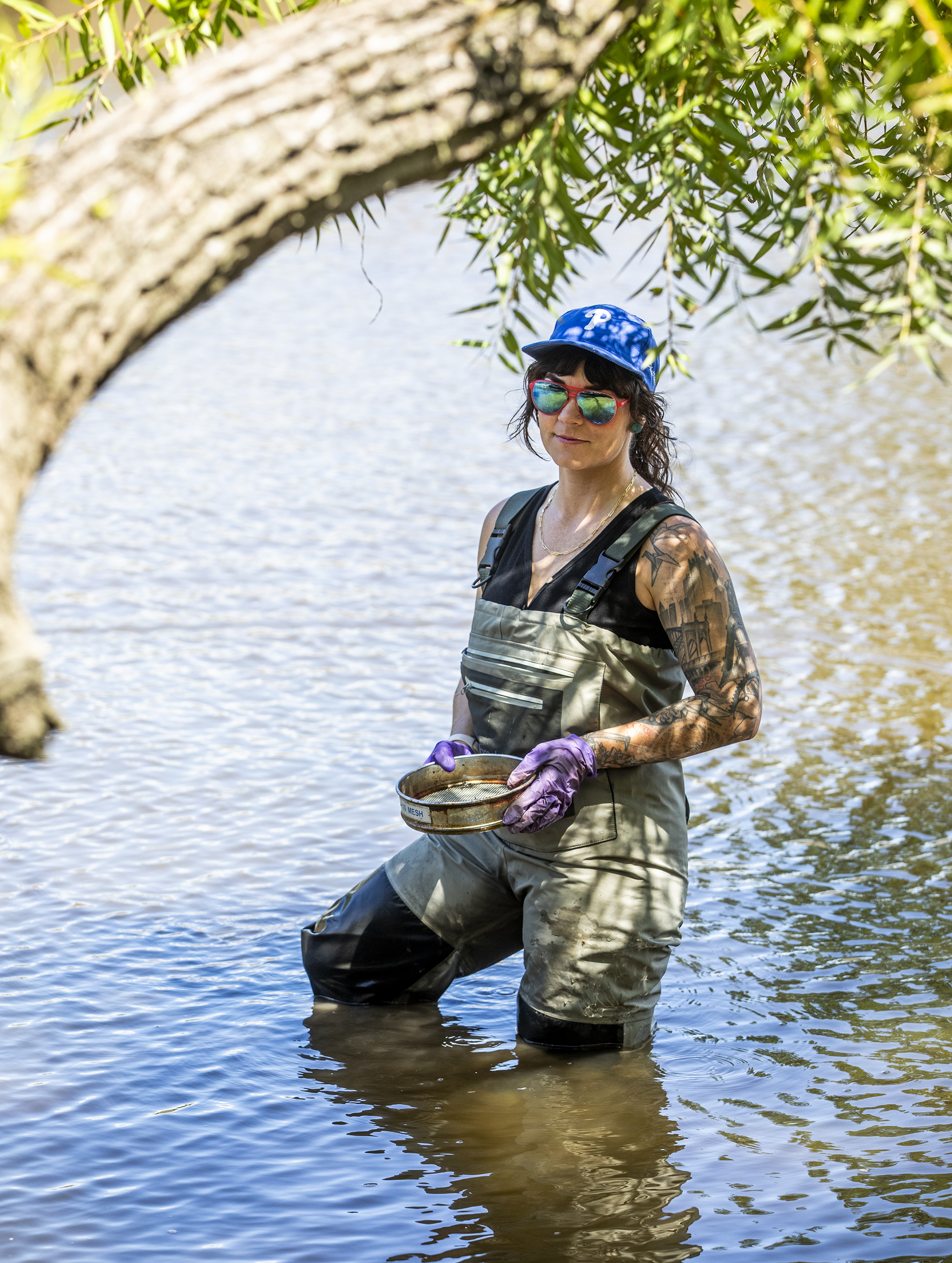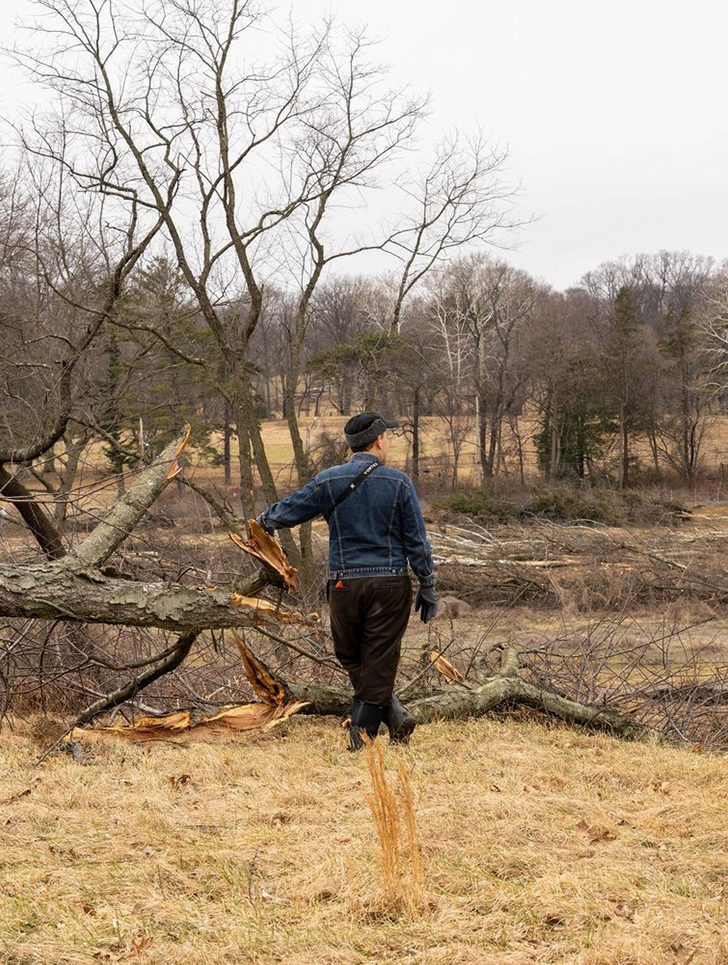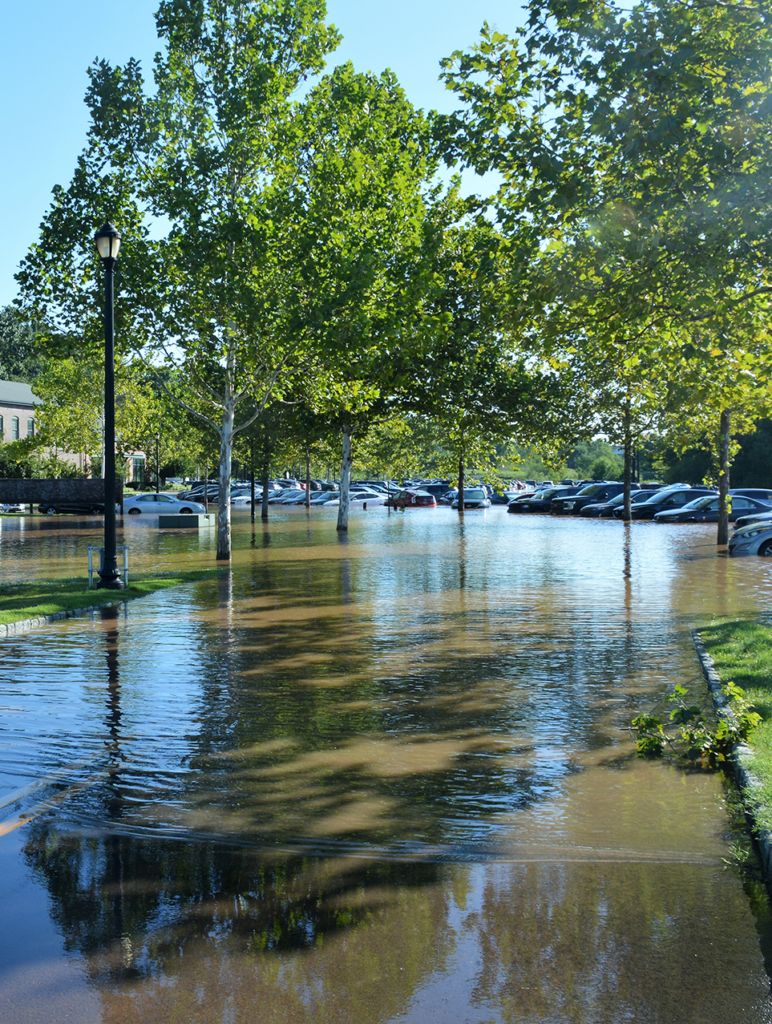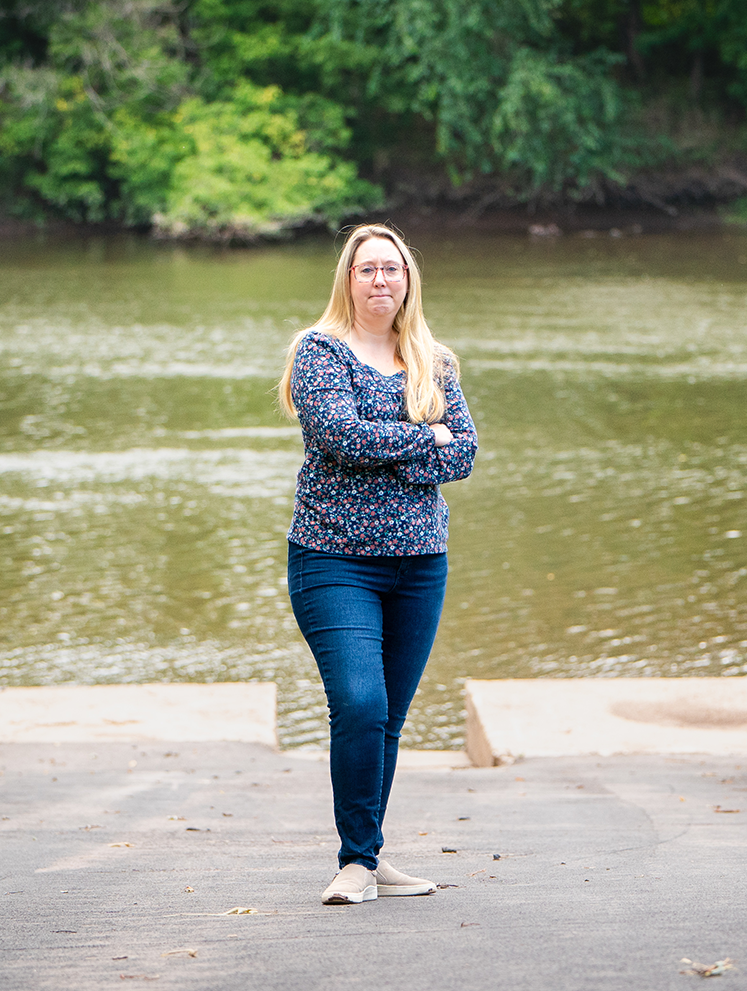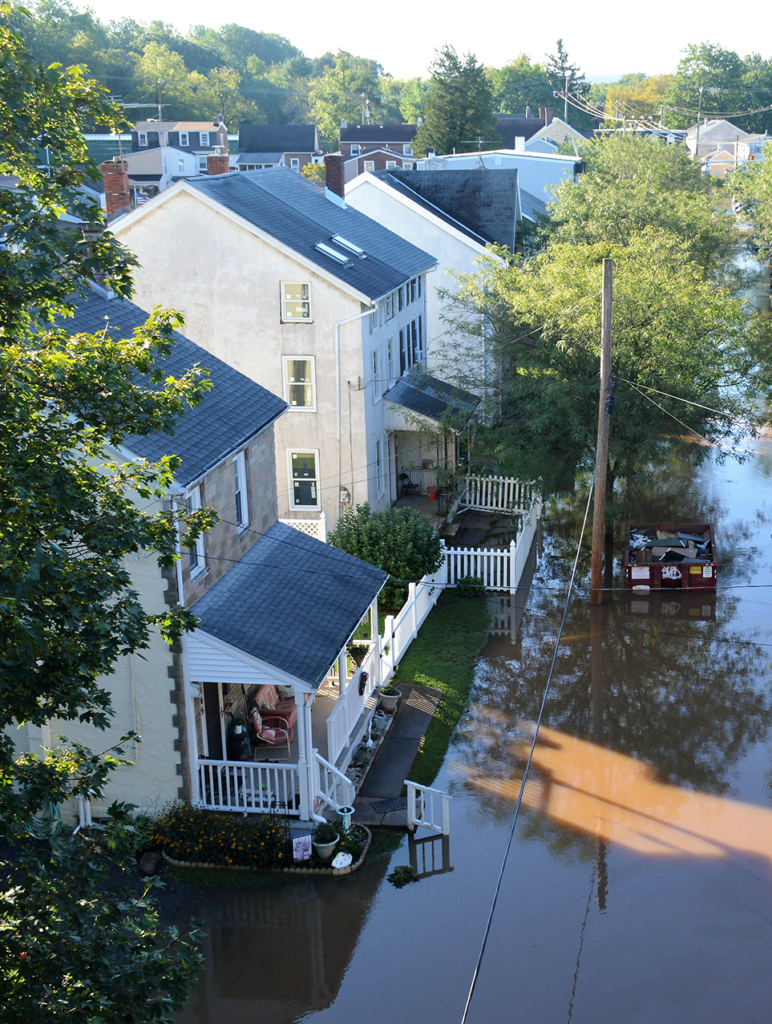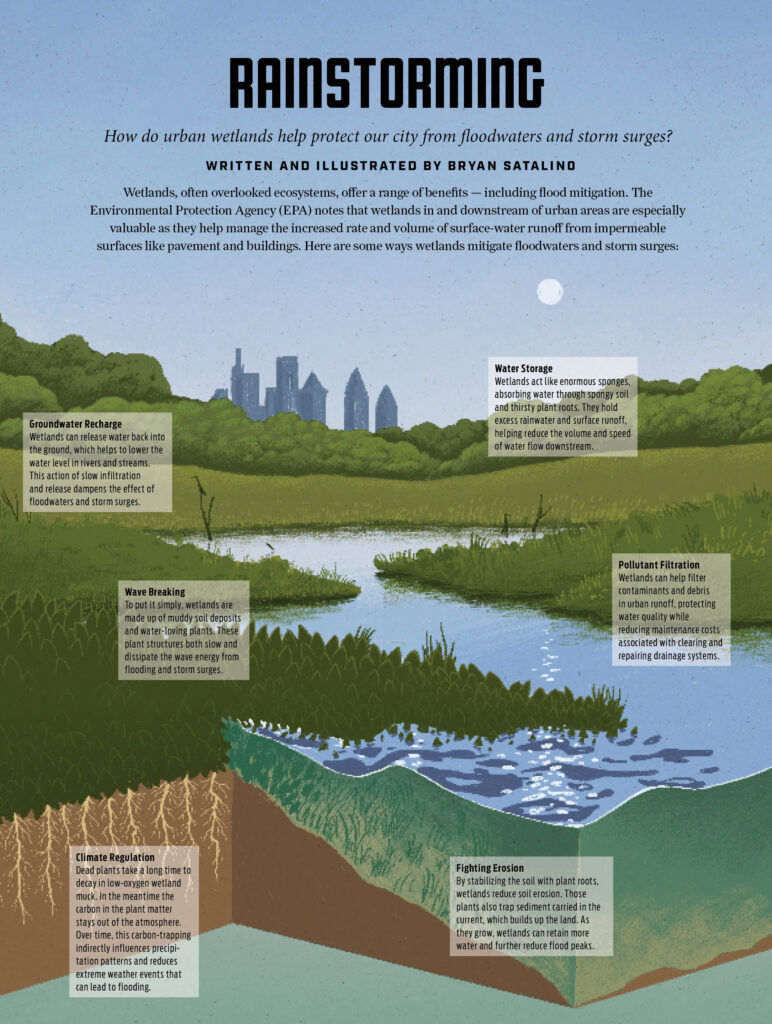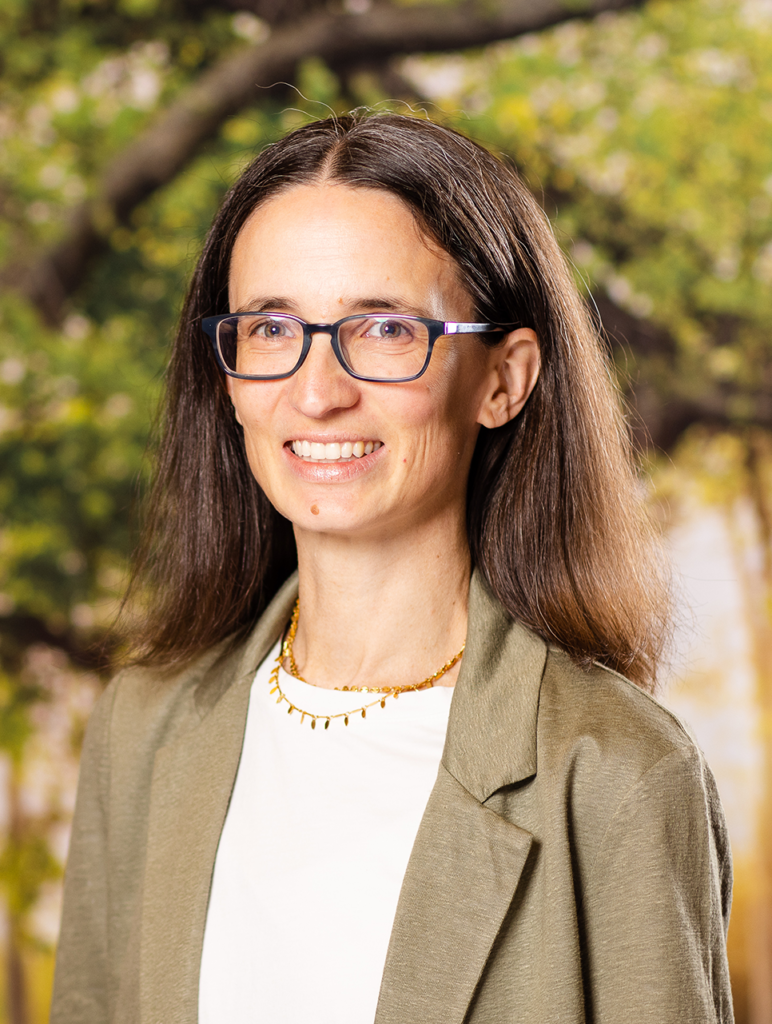For two decades, author Jeff Goodell has been working the climate beat for Rolling Stone magazine. He says it was while writing his first book about the coal industry and witnessing mountaintop removal mining that he understood the peril the planet is in. He’s given countless more readers that same dreadful understanding in his back-to-back indispensable books, “The Heat Will Kill You First” (2023) and “The Water Will Come: Rising Seas, Sinking Cities, and the Remaking of the Civilized World” (2017).

Grid caught up with Goodell to discuss “The Water Will Come,” strategies for adaptation, the need for retreat and the indisputable reality of a changing planet.
This interview has been edited for length and clarity.
You have been referred to as a “climate Cassandra,” the priestess in Greek mythology who made prophecies which were true but never believed. And you have predicted the downfall of Miami. The first day I arrived in Miami was during sunny day flooding, which is a particularly high tide that happens a few times a year, and I went to a neighborhood called Sunset Harbor, which is a relatively wealthy neighborhood in Miami Beach. I was walking through the streets in like two and a half, three feet of water. I mean, it was not like it required a lot of detective work to figure out the risks that Miami faces. It’s just that nobody had cared to really project that into the future and really think about what the consequences of flooding and sea level rise to a place like Miami would be.
You titled your 2013 story for Rolling Stone “Goodbye, Miami.” The reason I called my original story “Goodbye, Miami” is that there is no scenario in which the Miami that we know today survives. In another three or four decades — the lifetime of kids growing up there now — it will be either gone or in a very different place. And the reason I called my book “The Water Will Come” is because this is not a maybe scenario. This is not a hypothetical, this is not a model. This is just a straight fact of physics that we all know. When it gets hot, ice melts, and when ice melts, the water rises, and that’s what’s happening.
This is not a hypothetical, this is not a model. This is just a straight fact of physics that we all know. When it gets hot, ice melts, and when ice melts, the water rises, and that’s what’s happening.”
— Jeff Goodell
In the book you document your trips around the world to look at the massive projects some cities like Venice, with their “Ferrari on the Seafloor,” are taking to try to adapt. What are some of the problems with the adaptations? If you could say, “We’re going to need to defend this city from two feet of sea level rise in the next hundred years,” that would be very straightforward. You would know how high a wall to build. It’s very different when you say, “Well, we need to protect this city from maybe it’ll be one foot and maybe it’ll be six feet, and maybe it’ll be in 25 years and maybe it’ll be in 45 years.” When you’re building a wall, a giant fortification, like the one you mentioned in Venice, it’s very hard to kind of re-engineer those kinds of things for higher sea level.
The future is so uncertain, the question is, are you buying 30 years, 50 years? And that’s the kind of uncertainty that we are unaccustomed to dealing with.
And this idea that we’re just going to build a lot of sea walls is very naïve thinking. You know, ultimately what’s going to happen is that we’re going to have to retreat.
Speaking of retreat, I’m pretty obsessed with firststreet.org, which gives real estate scores based on various climate risks. Do you think climate change’s impact on property values will motivate more Americans to take direct action? Yeah, I certainly think that’s one major driver for change. I don’t think it’s the only one, but I think it’s a really important one. You know, my mom has a house in fire country in Northern California and she’s going to sell it not only because of the rising insurance costs but just the risks of living in a place that you know could burn down. Every summer she’s on edge about whether she’s going to have to get her go bag and jump in her car and drive off in the middle of the night. So there’s a lot of motivations for change. And I think what First Street is doing is really good because the idea of being able to look at your property, your place where you live, and better understand what those risks are is a really important tool in making better decisions about where you live.
I think one of the big questions when we think about the future that is coming in coastal areas as a result of rising seas is, what kind of retreat are we going to have? Is it just going to be kind of what I call in my books, this sort of “Mad Max” retreat where everybody just is like in every man for themselves, or is there going to be some kind of strategic planning about how we’re actually going to encourage people to move to higher ground and encourage people to stop building in low-lying areas?
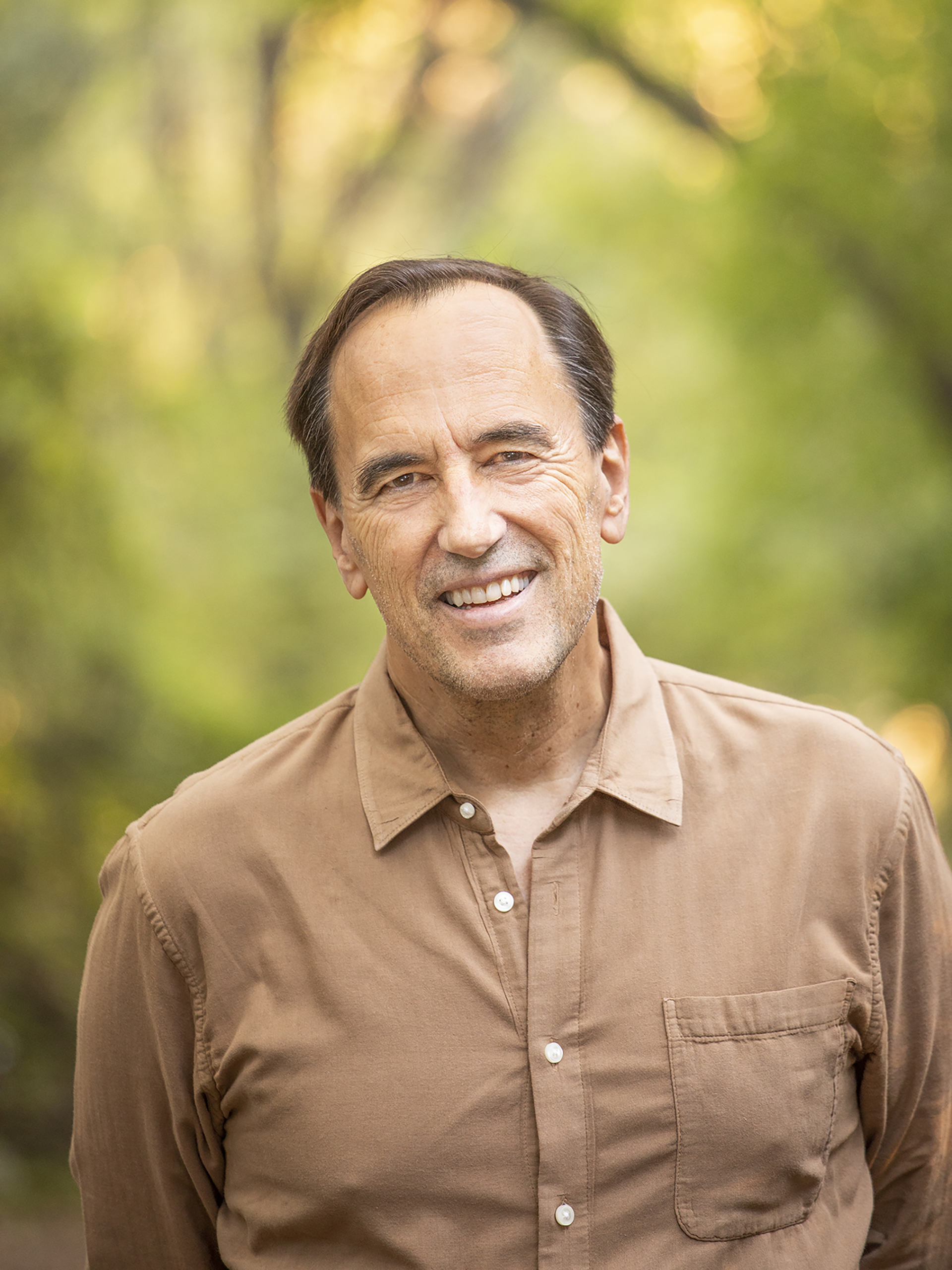
Even though climate change will affect everyone, you make the case that the economically disadvantaged are more immediately vulnerable. All of this storm protection and building changes are happening in the wealthiest neighborhoods. They are getting the most protection. Then the real low-lying places like Homestead, south of Miami Beach, where there’s a working class and middle class, are getting essentially no attention. And those places are going to be the first to be flooded out. Those are the people who are going to be the first to lose their homes. Those are the ones who are impacted already right now by rising prices for flood insurance.
That’s driving up the cost of living in Florida and in many coastal cities, making a bigger disparity between the wealthy and the poor, increasing the sense that these protections are mostly for people who can afford them and who the political system caters to.
Your recent books and Elizabeth Kolbert’s “The Sixth Extinction” are profoundly sad books to read. How do you process all of this? You don’t seem like a morose fellow. It is hard psychologically thinking about this, but I’ll say two things. One is that the upside of it is that I meet a lot of amazing people who are deeply engaged in thinking about this. I meet entrepreneurs who are doing amazing things, thinking about new kinds of solar energy or new transmission grids or whatever. I meet activists who are fighting really hard to highlight this, to bring more political awareness in our world to things like this. There’s a lot of inspiring stuff that’s happening.
But the loss is hard to handle. You brought up the decline of biodiversity in Betsy Kolbert’s book. And I think that’s one of the hardest things to deal with. I went a month ago to see whooping cranes on the Texas coast, and there’s only like 400 whooping cranes left in the world and they’ve made something of a recovery. There used to be only I think 14, about 15 years ago, but their nesting ground is in the kind of bayou right outside these chemical and refinery plants and they’re doomed.
I’m not sure who said it, that a hanging clarifies the mind. Knowing that Miami Beach will not be there in the not-so-distant future, that it’s a doomed place and seeing the whooping cranes and knowing that they’re really doomed, this transience of everything makes me see things in a more vivid way. And in a way, it’s made my life more alive because you are forced to look at the world with a kind of immediacy and a kind of understanding of the sort of miraculousness of this moment. And this moment will pass.


